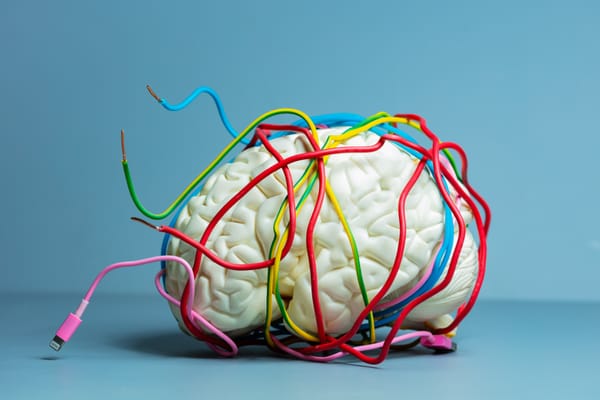The Gut-Brain Connection: How Nutrition Affects Mental Health

You may have heard that you have two brains; the one in your head and the other in your gut. This is a major pathway called the gut-brain axis, and it is a key component of the human nervous system. Emerging research suggests that what we eat has a direct impact on our feelings, thinking, and even the development of psychosocial disorders. Come, let me share with you how nutrition affects the mind and what you can do to help your body to be healthy for a positive mind.
This is where science comes in regarding the gut-brain connection.
The gut is called the “second brain” for a reason, it contains the enteric nervous system (ENS), a extensive system of nerves that interfaces with the brain via the vagus nerve. About 90 percent of your body’s serotonin—a neurotransmitter that helps regulate mood—is produced in the gut. When your gut is healthy, your brain is healthy. When it is not, you get things like anxiety, depression, and brain fog.
What You Eat: How Nutrition Impacts Mental Health
1. Probiotics and Prebiotics: The Key to a Healthy Gut and Therefore a Happy Mind Probiotics, found in yogurt, kefir, and fermented foods, are probiotics that are given to the gut; while prebiotics, from fiber-rich foods like bananas, onions, and garlic are probiotics that we feed them. You should maintain a balance in your gut microbiome so that you can avoid stress and feel better.
2. The Healthy Fats That Are Good for the Brain: Omega-3 fatty acids, which are found in salmon, flaxseeds, and walnuts, are good for the brain and may help in the management of depression and anxiety.
3. The Comparison between Whole Foods and Processed Foods: Diets that are rich in processed foods, sugar, and artificial additives are associated with higher levels of inflammation, which is itself a risk factor for mental illness. Eating whole, unprocessed foods gives the brain essential vitamins, minerals, and nutrients it needs.
4. Blood Sugar Balance and Mood Stability: Since the foods high in refined carbohydrates and sugary snacks raise blood sugar, which in turn leads to mood changes, irritability and fatigue. If you eat meals that have protein, fiber and healthy fats, then you will have steady energy and moods.
5. Hydration: It’s Role in Cognitive Function: Lack of water in the body may cause mood changes, concentration and memory loss. Water is very important in the brain and its functions and also helps in removing toxins that may accrue to the brain and cause fatigue.
Simple Steps to Improve Your Gut Health (and Mental Health!)!
- Consume more fiber in the form of vegetables, fruits, and whole grains.
- Add fermented foods such as kimchi, sauerkraut, and miso to your diet for the good bacteria.
- Use avocados, nuts and olive oil as your source of healthy fats.
- Avoid processed foods, refined sugars and artificial additives as much as you can.
- Ensure that you drink enough water to keep the body well hydrated and also for digestion.
Your gut and brain are more connected than you might think. By nourishing your body with the right foods, you can support your mental well-being, boost your mood, and improve cognitive function. Small, mindful changes in your diet can lead to big improvements in your overall mental health.
Sources
- Harvard Health Publishing: How the gut and brain communicate
- Johns Hopkins Medicine: The gut-brain link and mental health
- American Psychological Association: Diet and mental health
- National Center for Biotechnology Information (NCBI): Gut microbiota and mood disorders
- EatingWell: Best foods for gut health




